Home>Construction & Tools>Electrical and Plumbing Systems>How To Become An EV Charger Installer
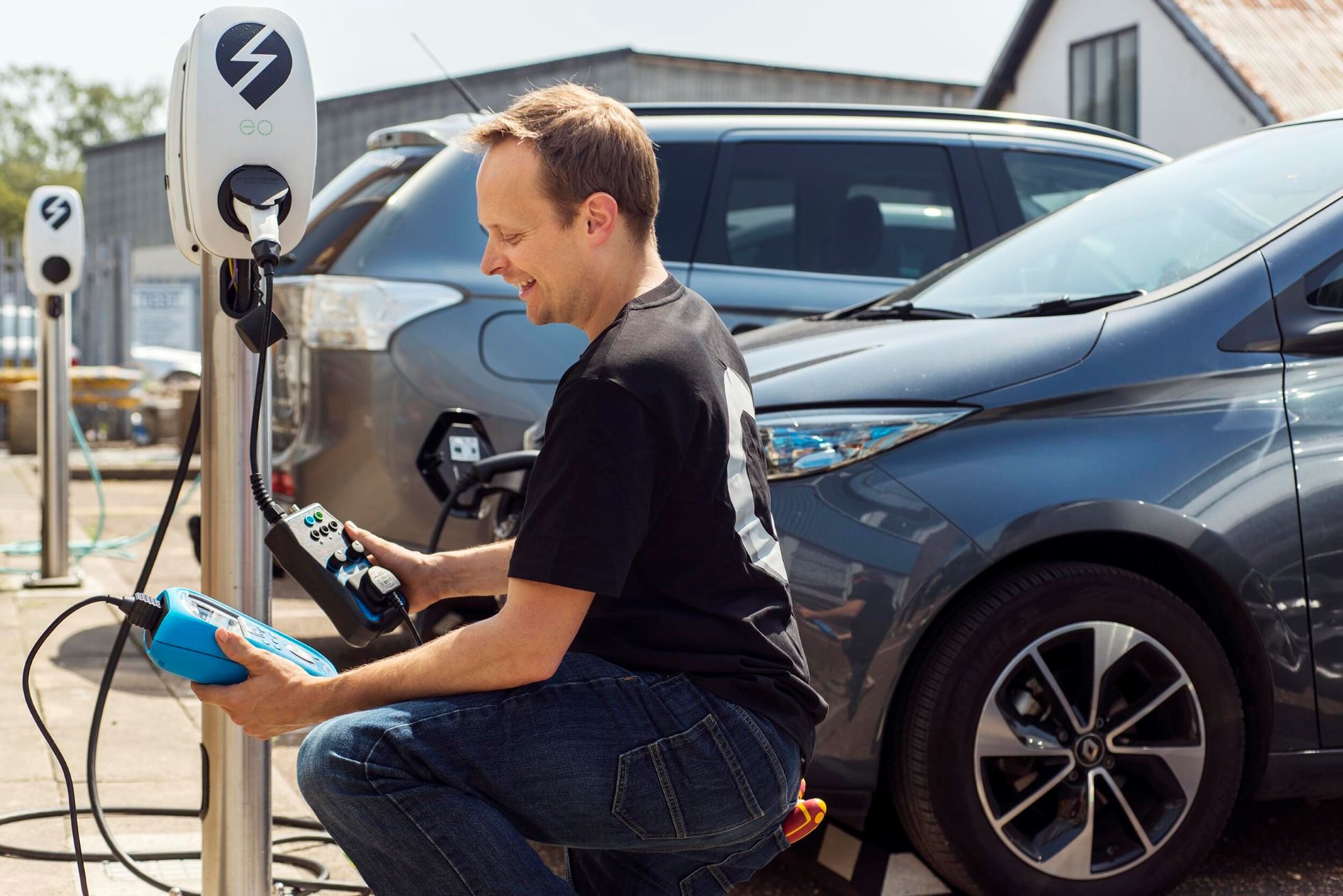

Electrical and Plumbing Systems
How To Become An EV Charger Installer
Modified: February 25, 2024
Learn how to become an EV charger installer and gain expertise in electrical and plumbing systems. Start your career in this growing field today.
(Many of the links in this article redirect to a specific reviewed product. Your purchase of these products through affiliate links helps to generate commission for Storables.com, at no extra cost. Learn more)
Introduction
Are you passionate about sustainable energy and the future of transportation? Do you have a knack for electrical systems and a desire to play a crucial role in shaping the infrastructure for electric vehicles (EVs)? If so, becoming an EV charger installer might be the perfect career path for you. As the world shifts towards cleaner and more efficient modes of transportation, the demand for skilled professionals capable of installing and maintaining EV charging stations is on the rise.
In this comprehensive guide, we will explore the steps and requirements for embarking on a career as an EV charger installer. From understanding the intricacies of EV charging to obtaining the necessary training and certifications, this article will provide you with valuable insights into this exciting and rapidly evolving field. Whether you are an electrician looking to specialize in EV charging infrastructure or someone interested in entering the electrical industry with a focus on sustainable technology, this guide will equip you with the knowledge and resources needed to pursue a fulfilling career in EV charger installation. So, let's dive in and discover how you can become an integral part of the electric vehicle revolution!
Key Takeaways:
- Becoming an EV charger installer requires understanding EV charging, gaining electrical knowledge, and obtaining industry certifications. It’s a rewarding career path at the forefront of sustainable transportation technology.
- To excel as an EV charger installer, individuals should seek hands-on experience, explore job opportunities with electrical firms and manufacturers, and stay updated on industry trends. This career offers a chance to shape the future of clean and efficient mobility.
Read more: How To Install An EV Charger At Home
Understanding Electric Vehicle (EV) Charging
Before delving into the specifics of becoming an EV charger installer, it’s essential to grasp the fundamentals of electric vehicle charging. Unlike traditional gasoline-powered vehicles, EVs rely on electricity as their primary source of energy. This necessitates a network of charging stations where EV owners can conveniently recharge their vehicles’ batteries.
EV charging stations come in various forms, ranging from residential chargers installed in private homes to public charging infrastructure located at commercial facilities, parking lots, and along highways. Understanding the different types of charging stations, such as Level 1, Level 2, and DC fast chargers, is crucial for an EV charger installer. Each type offers unique charging speeds and requires specific installation considerations, making it imperative for professionals in this field to possess a comprehensive understanding of these technologies.
Moreover, familiarity with the various charging connectors and standards, such as CHAdeMO, CCS, and Tesla’s proprietary connector, is essential for ensuring compatibility and optimal performance. As an EV charger installer, you will need to navigate these technical aspects while adhering to safety standards and local regulations to deliver reliable and efficient charging solutions for EV owners.
Furthermore, staying abreast of emerging trends in EV charging, including vehicle-to-grid (V2G) integration and smart charging technologies, will be invaluable as the industry continues to evolve. By keeping pace with advancements in EV charging infrastructure, you can position yourself as a knowledgeable and adaptable professional capable of meeting the evolving needs of the electric vehicle market.
With a solid understanding of EV charging fundamentals, you will be well-prepared to embark on the journey toward becoming a proficient and sought-after EV charger installer. The next sections of this guide will delve into the specific requirements, training, and certifications necessary to establish yourself in this exciting and impactful field.
Requirements for Becoming an EV Charger Installer
Becoming an EV charger installer requires a blend of technical expertise, practical skills, and a commitment to staying updated on the latest developments in electric vehicle technology and charging infrastructure. Whether you are an experienced electrician or someone looking to enter the electrical industry with a focus on EV charging, there are several key requirements to consider as you embark on this career path.
Electrical Knowledge and Experience: A strong foundation in electrical systems is essential for anyone aspiring to become an EV charger installer. This includes a comprehensive understanding of electrical circuits, wiring, safety protocols, and relevant building codes. If you are already working in the electrical trade, you likely possess a solid grounding in these areas. However, if you are new to the field, pursuing formal education or apprenticeship programs in electrical work can provide the necessary knowledge and hands-on experience.
Understanding of EV Technology: Familiarity with electric vehicles and their charging requirements is a fundamental prerequisite for EV charger installers. This entails knowledge of EV battery systems, charging protocols, and the integration of charging equipment with vehicle electronics. Keeping abreast of advancements in EV technology and industry standards will enable you to deliver effective and future-ready charging solutions.
Technical Skills: Proficiency in reading electrical schematics, using testing equipment, and troubleshooting electrical issues is vital for successful EV charger installation. Additionally, the ability to interpret manufacturer specifications and installation guidelines for charging equipment is crucial for ensuring the safe and efficient operation of EV charging stations.
Regulatory Compliance: Adhering to local regulations, permitting requirements, and industry standards is paramount in the installation of EV charging infrastructure. Familiarizing yourself with the specific codes and regulations governing electrical work and EV charging installations in your region is essential for maintaining compliance and delivering high-quality, code-compliant installations.
Customer Service and Communication: As an EV charger installer, you will interact with clients, stakeholders, and possibly other tradespeople during installation projects. Strong communication skills, professionalism, and a customer-centric approach are valuable assets in ensuring a positive experience for clients and fostering trust in your services.
By meeting these requirements and continuously honing your skills and knowledge, you can position yourself for a rewarding career as an EV charger installer. The subsequent sections of this guide will delve into the specific steps for obtaining the necessary training, certifications, and experience to excel in this dynamic and impactful field.
Training and Education
Obtaining the requisite training and education is a crucial step in preparing for a career as an EV charger installer. Whether you are already working in the electrical industry or are considering entering this field with a focus on EV charging infrastructure, there are several pathways to acquiring the knowledge and skills necessary for this specialized role.
Formal Electrical Education: Pursuing a formal education in electrical systems through a trade school, community college, or vocational program can provide a solid foundation for a career as an EV charger installer. These programs typically cover essential electrical principles, wiring techniques, safety practices, and relevant building codes. Additionally, some institutions offer courses or modules specifically focused on EV charging technology and installations, equipping students with targeted knowledge in this emerging field.
Apprenticeship Programs: Participating in an electrical apprenticeship program under the guidance of experienced electricians can offer invaluable hands-on training and mentorship. Through an apprenticeship, individuals can gain practical experience in electrical installations while learning from seasoned professionals. Exposure to diverse electrical projects, including those involving EV charging infrastructure, can significantly enhance the skills and competencies needed for becoming an EV charger installer.
Manufacturer-Specific Training: Many EV charging equipment manufacturers and suppliers offer training programs tailored to their products. These courses cover the installation, operation, and maintenance of specific charging stations and related hardware. By completing manufacturer-specific training, individuals can acquire in-depth knowledge of the equipment they are likely to encounter in the field, thereby enhancing their proficiency in installing and servicing EV charging stations.
Continuing Education and Specialized Courses: Staying current with developments in EV technology and charging infrastructure is essential for professionals in this field. Engaging in continuing education opportunities, such as workshops, seminars, and online courses focused on EV charging, can provide insights into the latest industry trends, best practices, and technological advancements. Additionally, specialized courses in areas such as renewable energy systems and sustainable technology can complement the skill set of an EV charger installer, aligning with the broader objectives of clean transportation and energy efficiency.
By pursuing relevant training and education, aspiring EV charger installers can build a strong knowledge base and practical expertise, setting the stage for a successful and fulfilling career in this dynamic and impactful field. The subsequent sections of this guide will explore the process of obtaining certifications and gaining hands-on experience, essential components of becoming a proficient and sought-after EV charger installer.
Tip: Gain experience in electrical work through an apprenticeship or technical training program to learn the skills needed to become an EV charger installer.
Getting Certified
Obtaining industry-recognized certifications is a pivotal step in establishing credibility and expertise as an EV charger installer. These certifications validate your proficiency in installing, servicing, and maintaining EV charging infrastructure, and they often serve as prerequisites for employment opportunities and project bids. As the demand for skilled professionals in the electric vehicle industry continues to grow, securing relevant certifications can significantly enhance your prospects in this specialized field.
National Electrical Contractors Association (NECA) Certifications: NECA offers certification programs tailored to the electrical industry, including specialized tracks for EV charging infrastructure. These certifications encompass various aspects of electrical work, safety protocols, and emerging technologies, providing a comprehensive validation of your capabilities as an electrician specializing in EV charging installations.
EV Charging Infrastructure Certifications: Several organizations and institutions offer certifications specifically focused on EV charging infrastructure. These programs cover topics such as EV charging station installation, maintenance, and safety standards. By completing these certifications, you demonstrate your commitment to excellence in the field of EV charging and your adherence to industry best practices.
Manufacturer-Specific Certifications: Many EV charging equipment manufacturers provide certification programs for installers and service technicians. These certifications typically focus on the installation, commissioning, and troubleshooting of specific charging station models. Becoming certified by leading EV charging equipment manufacturers can enhance your credibility and proficiency in working with their products, which is often a requirement for authorized installation and maintenance services.
Electric Vehicle Service Equipment (EVSE) Certification: EVSE certifications validate your expertise in the installation and servicing of electric vehicle supply equipment, including charging stations and related infrastructure. These certifications encompass technical knowledge, safety standards, and regulatory compliance, equipping you with the competencies needed to deliver high-quality and code-compliant EV charging solutions.
Continuing Education and Recertification: In addition to initial certifications, engaging in continuing education and recertification programs is essential for staying current with industry standards and technological advancements. Many certifications require periodic renewal or continuing education credits to ensure that professionals remain updated on the latest practices and regulations in EV charging infrastructure.
By pursuing relevant certifications and staying abreast of industry developments, you can bolster your qualifications as an EV charger installer and position yourself as a knowledgeable and proficient professional in this rapidly evolving sector. The subsequent sections of this guide will delve into the importance of gaining hands-on experience and provide insights into finding employment opportunities in the field of EV charging installation.
Read more: Where To Install An EV Charger In The Garage
Gaining Experience
Acquiring practical experience is a vital component of preparing for a successful career as an EV charger installer. Hands-on exposure to EV charging installations, troubleshooting scenarios, and maintenance tasks not only enhances your technical skills but also instills confidence in your ability to deliver reliable and efficient solutions for clients and stakeholders. Here are several avenues through which you can gain valuable experience in the field of EV charging installation:
Apprenticeships and On-the-Job Training: Participating in an electrical apprenticeship program or securing a position as an apprentice with a reputable electrical contractor can provide invaluable hands-on experience. Working alongside seasoned electricians and specifically engaging in projects involving EV charging infrastructure can offer practical insights into the nuances of installing and servicing EV charging stations.
Specialized Projects and Installations: Seeking out opportunities to work on specialized projects related to EV charging infrastructure can be instrumental in gaining experience. This may involve collaborating with electrical contractors or organizations involved in deploying EV charging stations in various settings, such as commercial properties, residential developments, or public facilities. Engaging in these projects allows you to apply your knowledge and skills in real-world installations while expanding your expertise in this niche sector.
Manufacturer-Sponsored Training Programs: Many EV charging equipment manufacturers and suppliers offer training programs that include hands-on components, allowing participants to gain practical experience with specific charging station models and associated hardware. By taking part in these programs, you can familiarize yourself with the intricacies of different charging solutions and refine your installation and maintenance techniques under the guidance of industry experts.
Collaboration with Industry Professionals: Establishing connections with professionals in the EV charging industry can provide opportunities for collaborative projects and mentorship. Engaging with experienced EV charger installers and seeking guidance from industry veterans can offer valuable insights and practical advice, accelerating your learning curve and broadening your exposure to diverse aspects of EV charging installations.
Self-Directed Learning and Personal Projects: Undertaking personal projects, such as installing EV charging stations in residential settings or exploring DIY installations (where permissible and safe), can be a valuable way to gain hands-on experience. Taking the initiative to research, plan, and execute EV charging installations independently can sharpen your problem-solving skills and deepen your understanding of the practical considerations involved in deploying charging infrastructure.
By actively pursuing opportunities to gain hands-on experience and immersing yourself in the intricacies of EV charging installations, you can cultivate the practical skills and confidence needed to excel as an EV charger installer. The subsequent section of this guide will focus on finding employment opportunities in the field and leveraging your qualifications and experience to embark on a rewarding career in EV charging installation.
Finding Employment Opportunities
As an aspiring EV charger installer, identifying and pursuing employment opportunities in the rapidly expanding electric vehicle industry is a crucial step toward launching a successful career in this specialized field. Here are several strategies for finding and securing positions related to EV charging installation:
Electrical Contracting Firms: Many electrical contracting firms are actively involved in the installation and servicing of EV charging infrastructure. Researching and reaching out to established electrical contractors known for their expertise in sustainable energy solutions and EV charging projects can present opportunities to join their teams as an EV charger installer or apprentice.
EV Charging Equipment Manufacturers and Suppliers: EV charging equipment manufacturers and suppliers often require skilled installers and service technicians to support their products’ deployment and maintenance. Exploring employment opportunities with these companies, either as a direct employee or as an authorized contractor, can provide a platform for gaining hands-on experience and honing your expertise in the installation of specific charging station models.
Specialized EV Charging Service Providers: Companies specializing in EV charging infrastructure and sustainable energy solutions frequently seek qualified professionals to expand their installation and maintenance teams. Researching and networking with these service providers can open doors to employment opportunities focused specifically on EV charging installations in diverse settings, including residential, commercial, and public environments.
Government and Municipal Initiatives: Government agencies, municipalities, and public utility companies are increasingly investing in EV charging infrastructure to support sustainable transportation initiatives. Monitoring job openings and contract opportunities related to EV charging projects within the public sector can lead to positions involving the planning, installation, and maintenance of public charging stations and associated infrastructure.
Networking and Industry Events: Engaging in industry networking events, trade shows, and professional associations related to electric vehicles and sustainable energy can facilitate connections with potential employers and industry professionals. Building a strong network within the EV charging industry can uncover employment prospects, mentorship opportunities, and valuable insights into the evolving landscape of EV infrastructure deployment.
Entrepreneurial Ventures and Consulting Opportunities: For individuals with a strong entrepreneurial drive, exploring opportunities to establish an EV charging installation business or consultancy can be a viable path. This may involve offering specialized EV charging installation services to residential and commercial clients, partnering with property developers on EV-ready projects, or providing expertise in EV infrastructure planning and implementation.
By leveraging these strategies and actively seeking out employment opportunities in the burgeoning field of EV charging installation, you can position yourself for a rewarding and impactful career at the forefront of sustainable transportation technology. With the right qualifications, experience, and proactive approach, you can contribute to the expansion of EV charging infrastructure and play a vital role in shaping the future of clean and efficient mobility.
Conclusion
Embarking on a career as an EV charger installer offers a compelling opportunity to contribute to the advancement of sustainable transportation and renewable energy infrastructure. By acquiring the necessary knowledge, skills, and certifications, individuals can position themselves as proficient professionals capable of meeting the growing demand for EV charging installations and maintenance. As the electric vehicle market continues to expand, the need for skilled EV charger installers is set to rise, presenting a promising career path for those passionate about clean energy and technological innovation.
Understanding the intricacies of EV charging, including the various types of charging stations and emerging technologies, forms the foundation for success in this field. With a solid grasp of EV technology and a commitment to staying updated on industry trends, aspiring EV charger installers can navigate the complexities of installing and maintaining charging infrastructure with confidence and expertise.
Meeting the requirements for becoming an EV charger installer, which encompass electrical knowledge, technical skills, and regulatory compliance, is essential for establishing credibility and proficiency in this specialized role. By pursuing formal education, apprenticeships, and manufacturer-specific training, individuals can build a robust skill set tailored to the unique demands of EV charging installations.
Securing industry-recognized certifications and gaining hands-on experience are pivotal steps in validating one’s expertise and readiness to undertake EV charging projects. By obtaining certifications from reputable organizations and actively seeking opportunities to work on EV charging installations, individuals can demonstrate their commitment to excellence in this dynamic and impactful field.
Finally, by exploring employment opportunities with electrical contracting firms, EV charging equipment manufacturers, specialized service providers, and public sector initiatives, aspiring EV charger installers can embark on a fulfilling career at the forefront of sustainable transportation. Whether as a dedicated installer, a service technician, or an entrepreneur in the EV charging industry, individuals have the chance to make a meaningful contribution to the widespread adoption of electric vehicles and the expansion of EV charging infrastructure.
As the world transitions toward a cleaner and more sustainable future, the role of EV charger installers becomes increasingly vital. By embracing this career path with dedication, enthusiasm, and a commitment to ongoing learning, individuals can play a pivotal role in shaping the infrastructure for electric vehicles and driving the transition toward a greener, more energy-efficient transportation ecosystem.
Frequently Asked Questions about How To Become An EV Charger Installer
Was this page helpful?
At Storables.com, we guarantee accurate and reliable information. Our content, validated by Expert Board Contributors, is crafted following stringent Editorial Policies. We're committed to providing you with well-researched, expert-backed insights for all your informational needs.
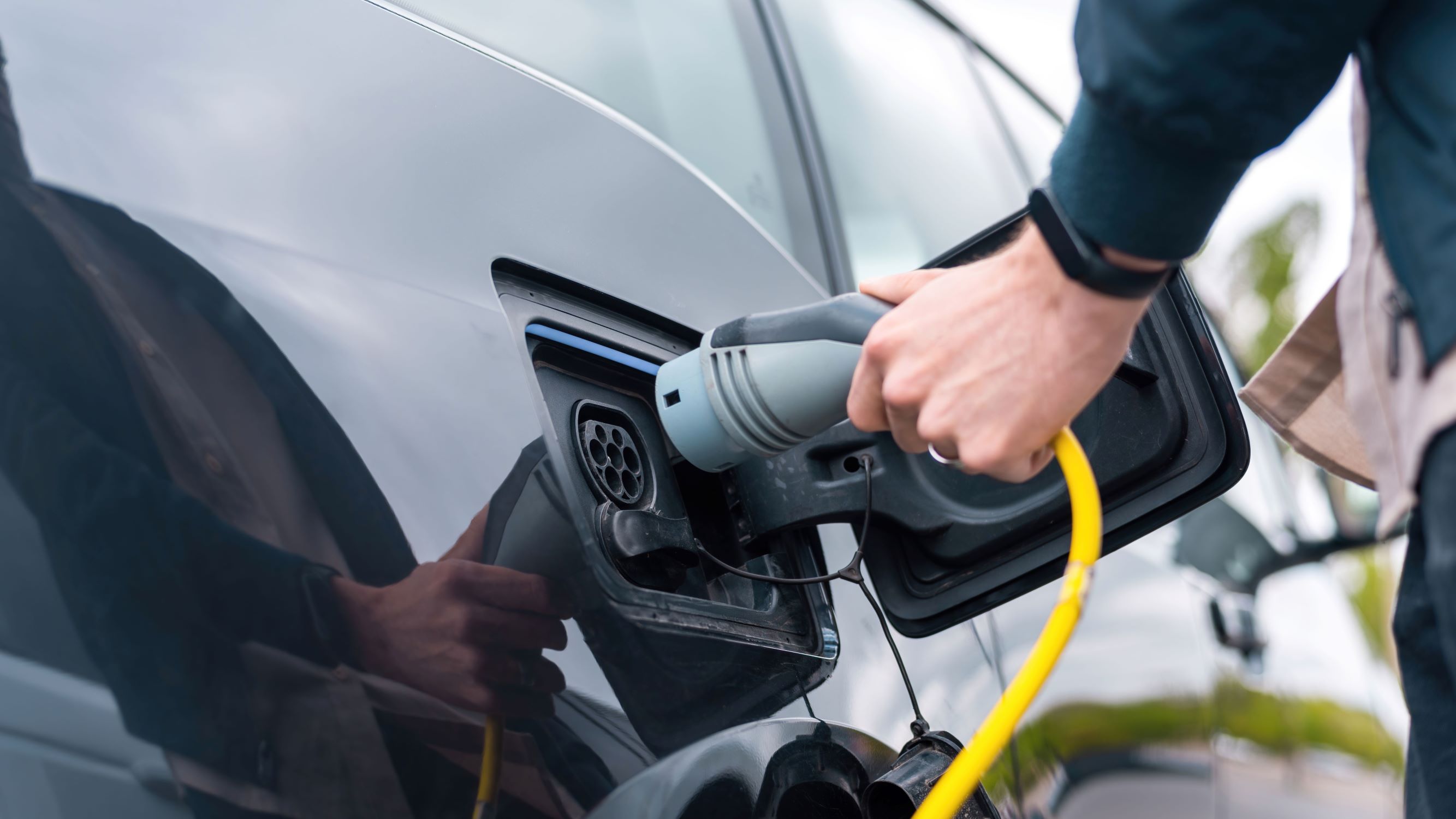
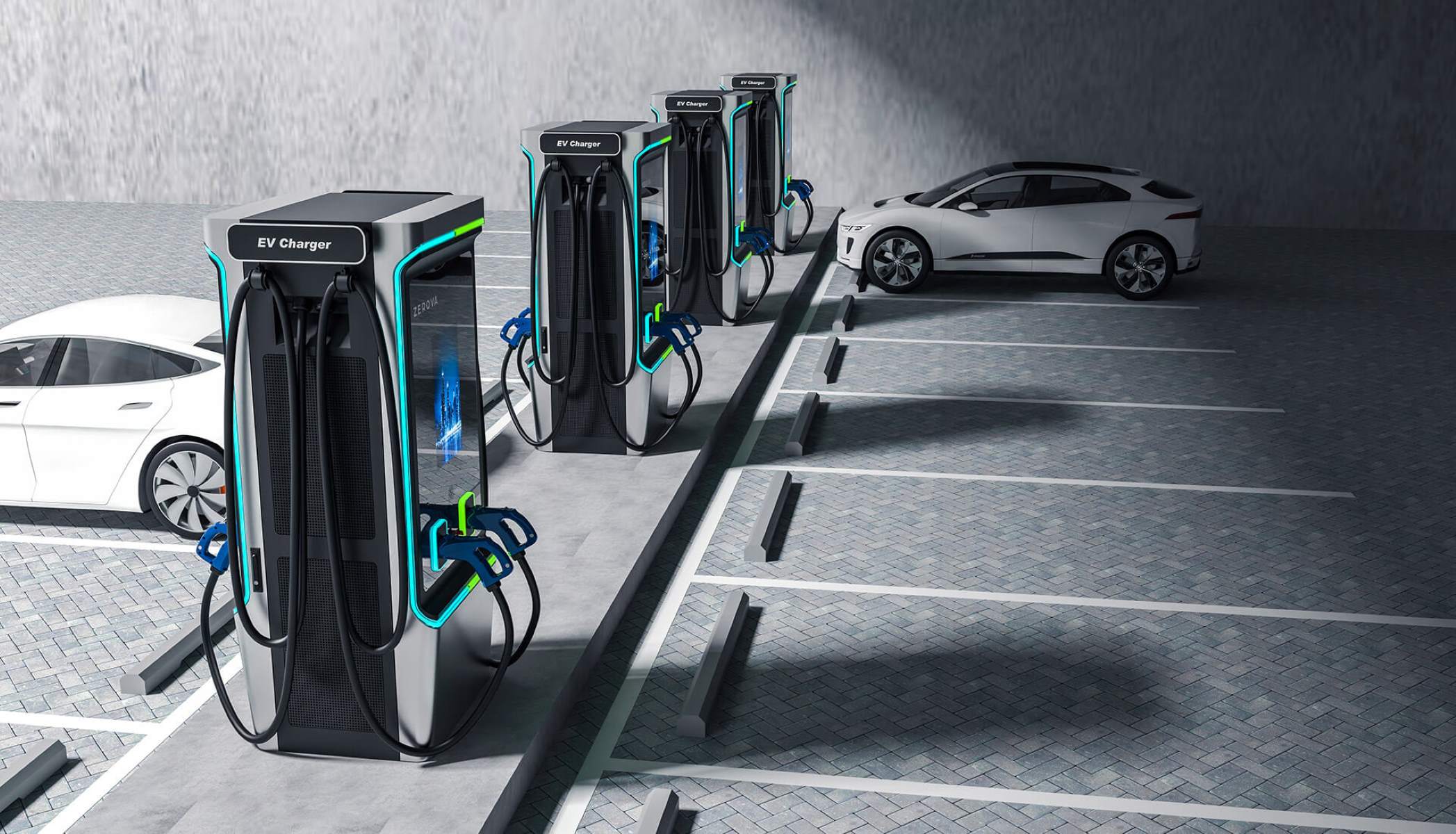
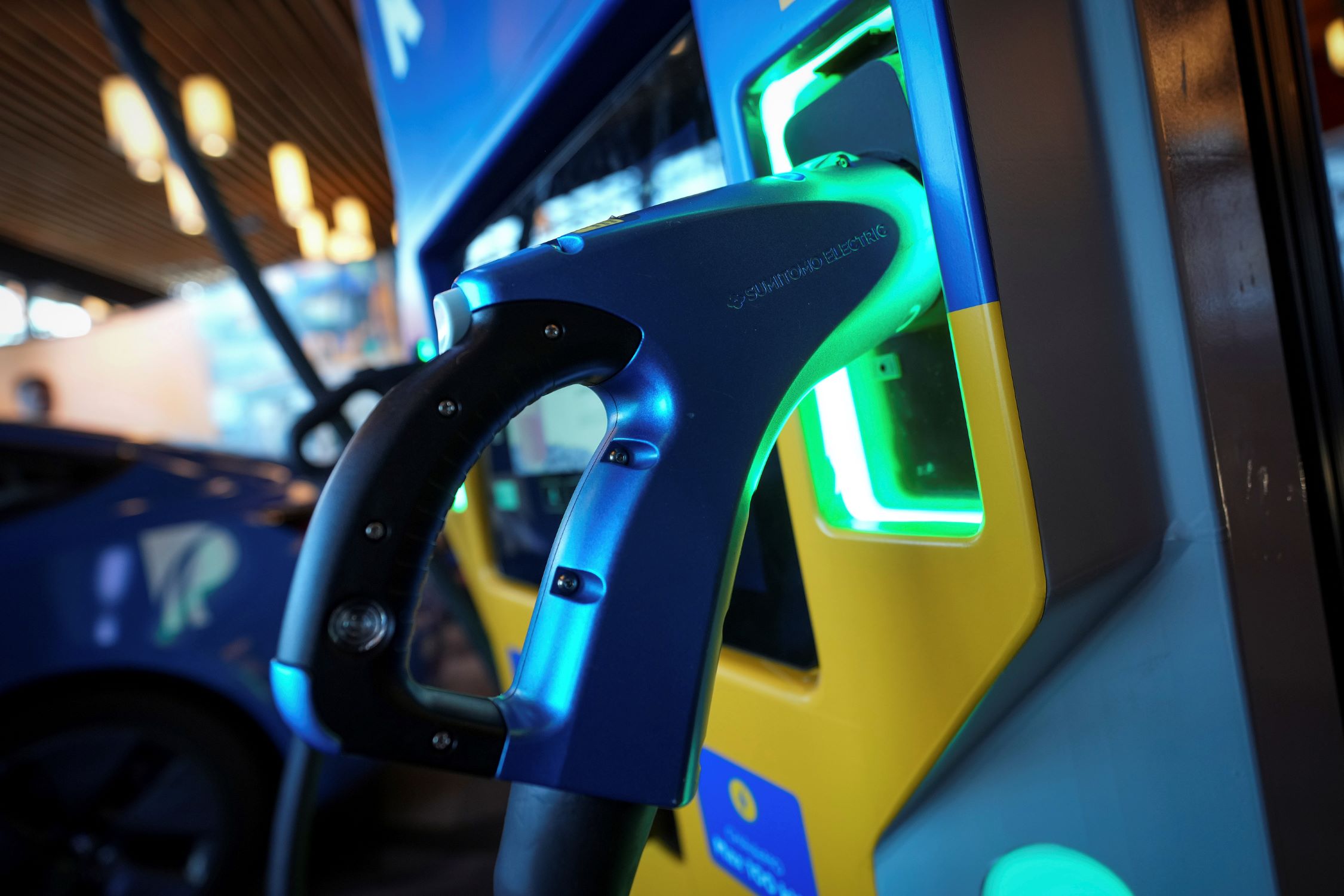
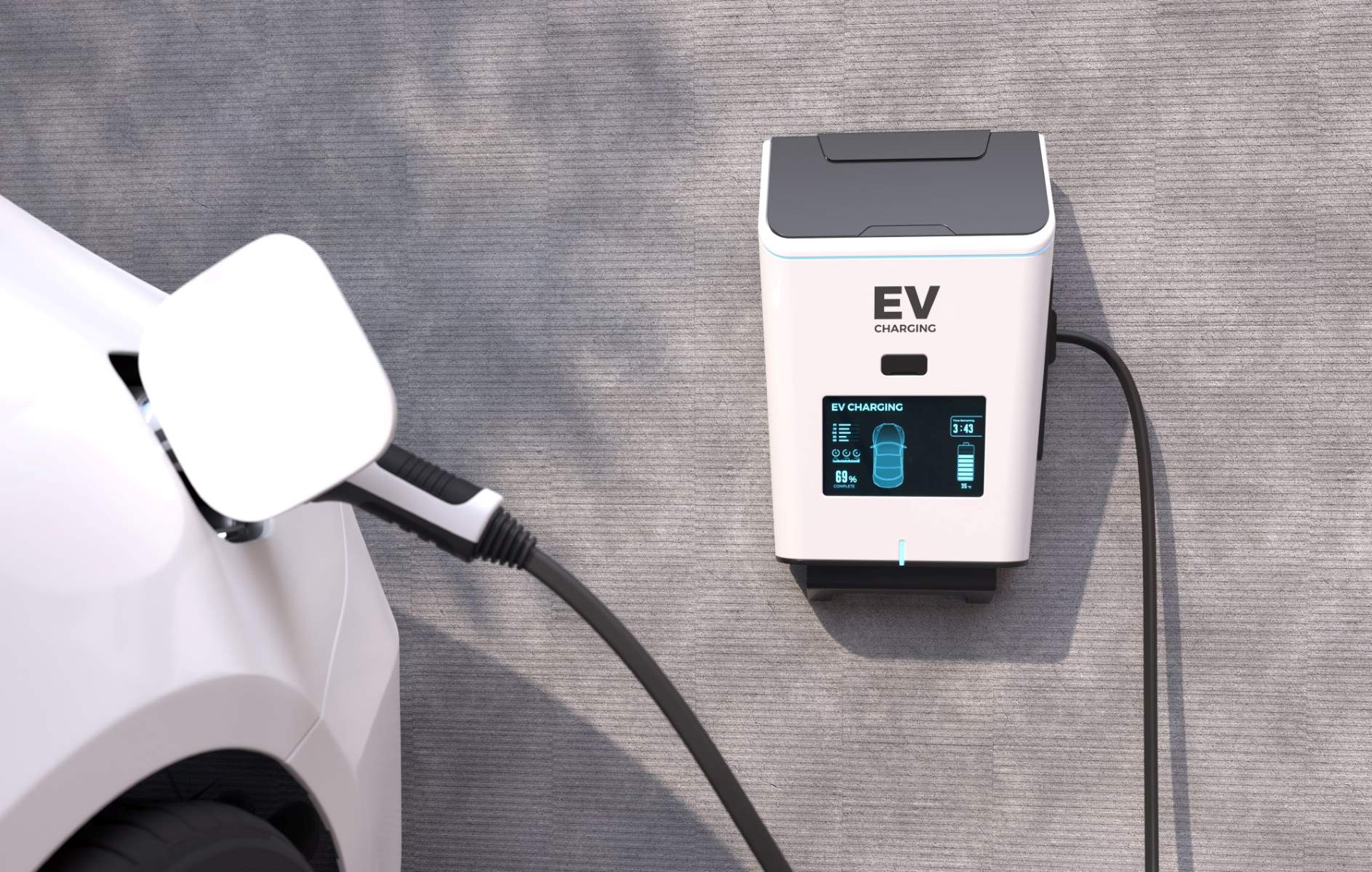
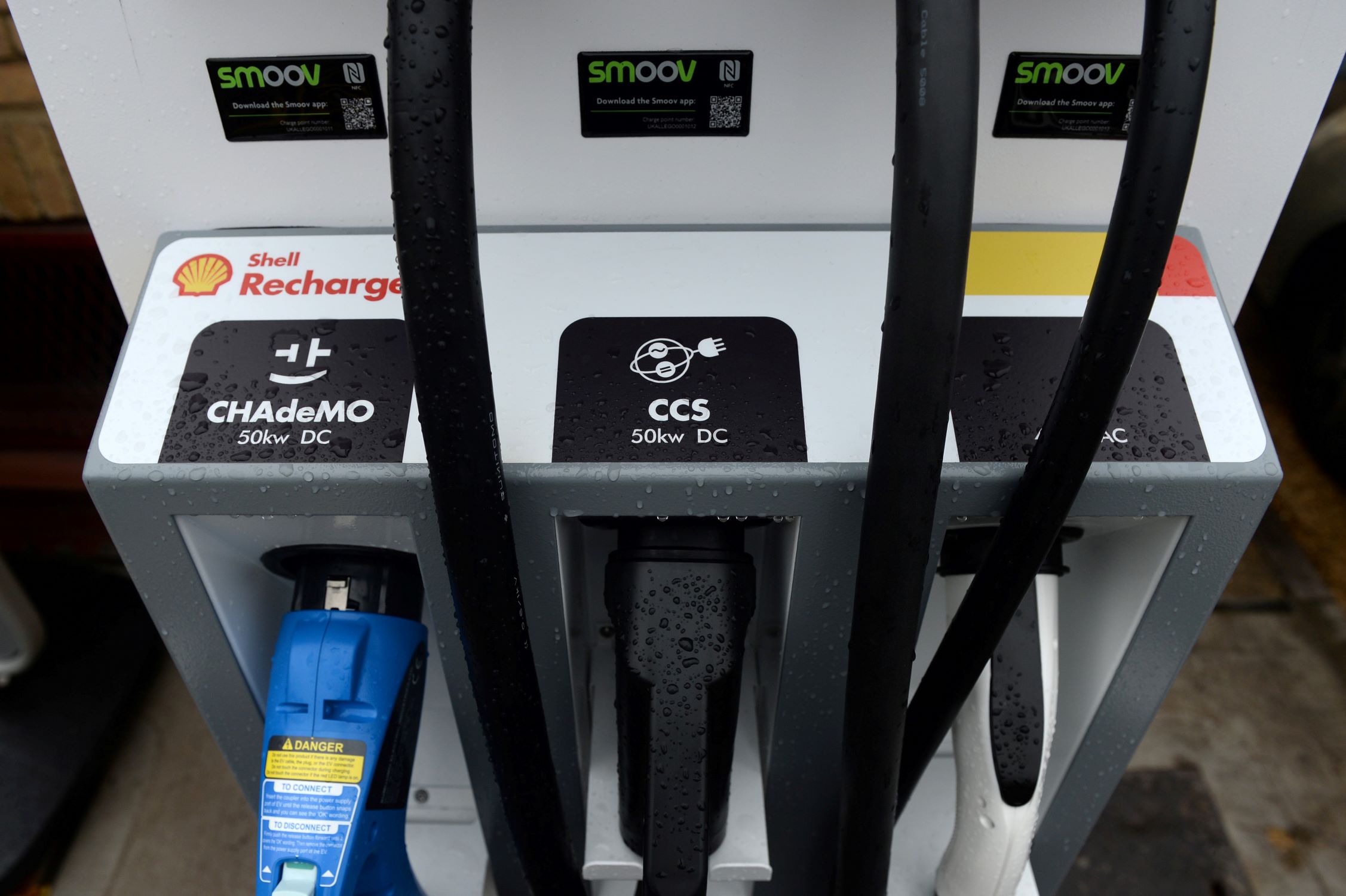
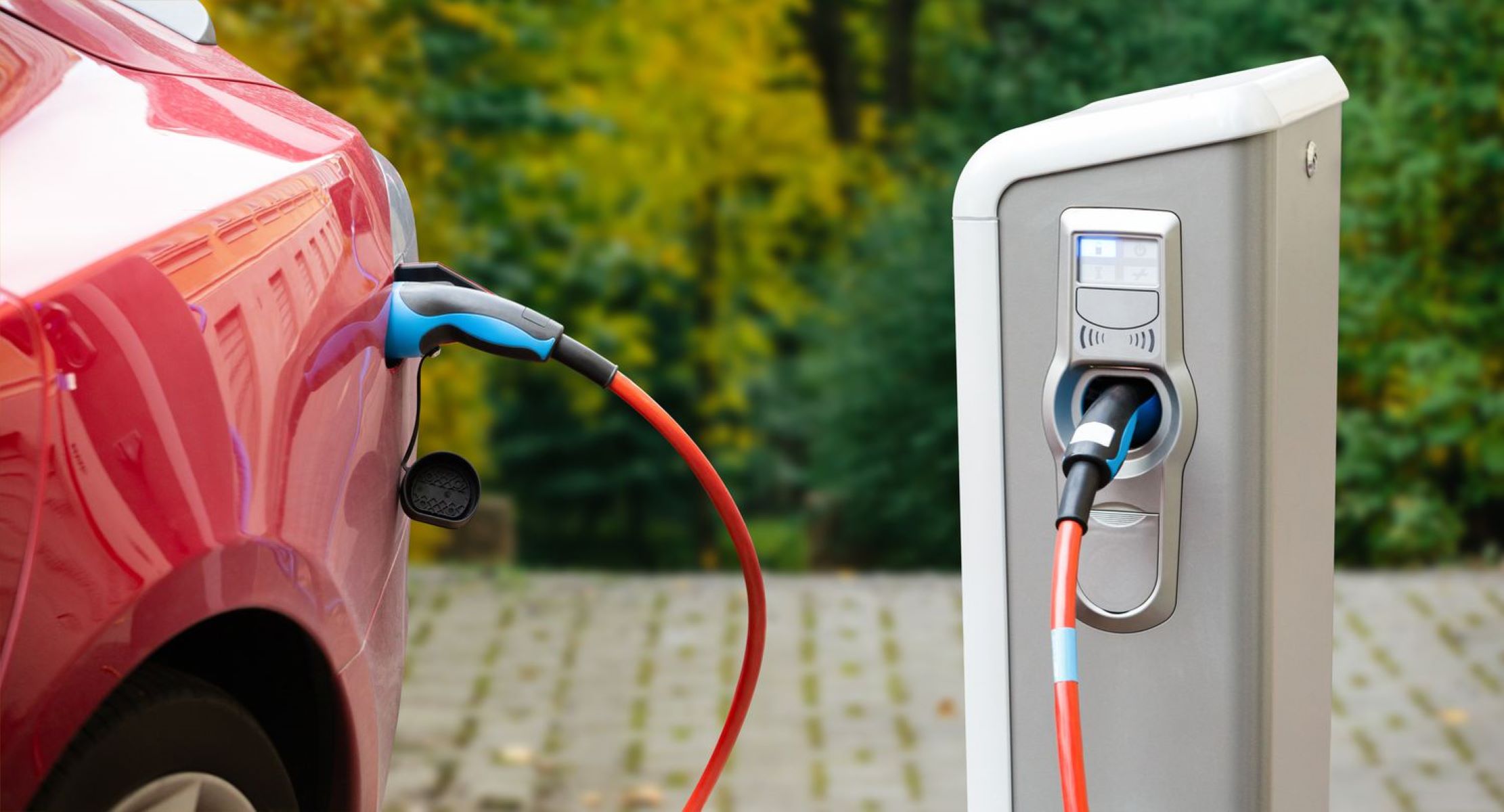
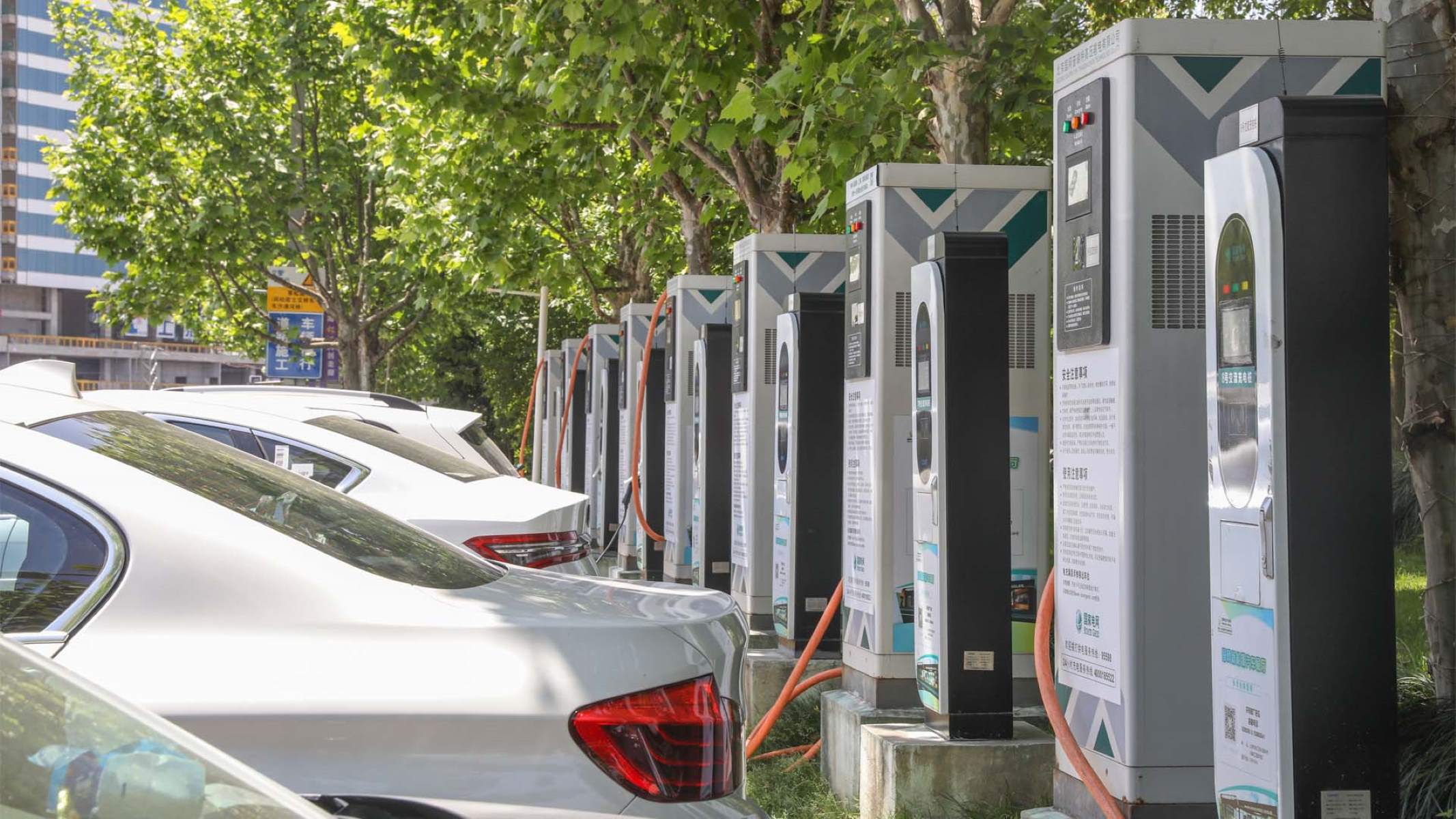
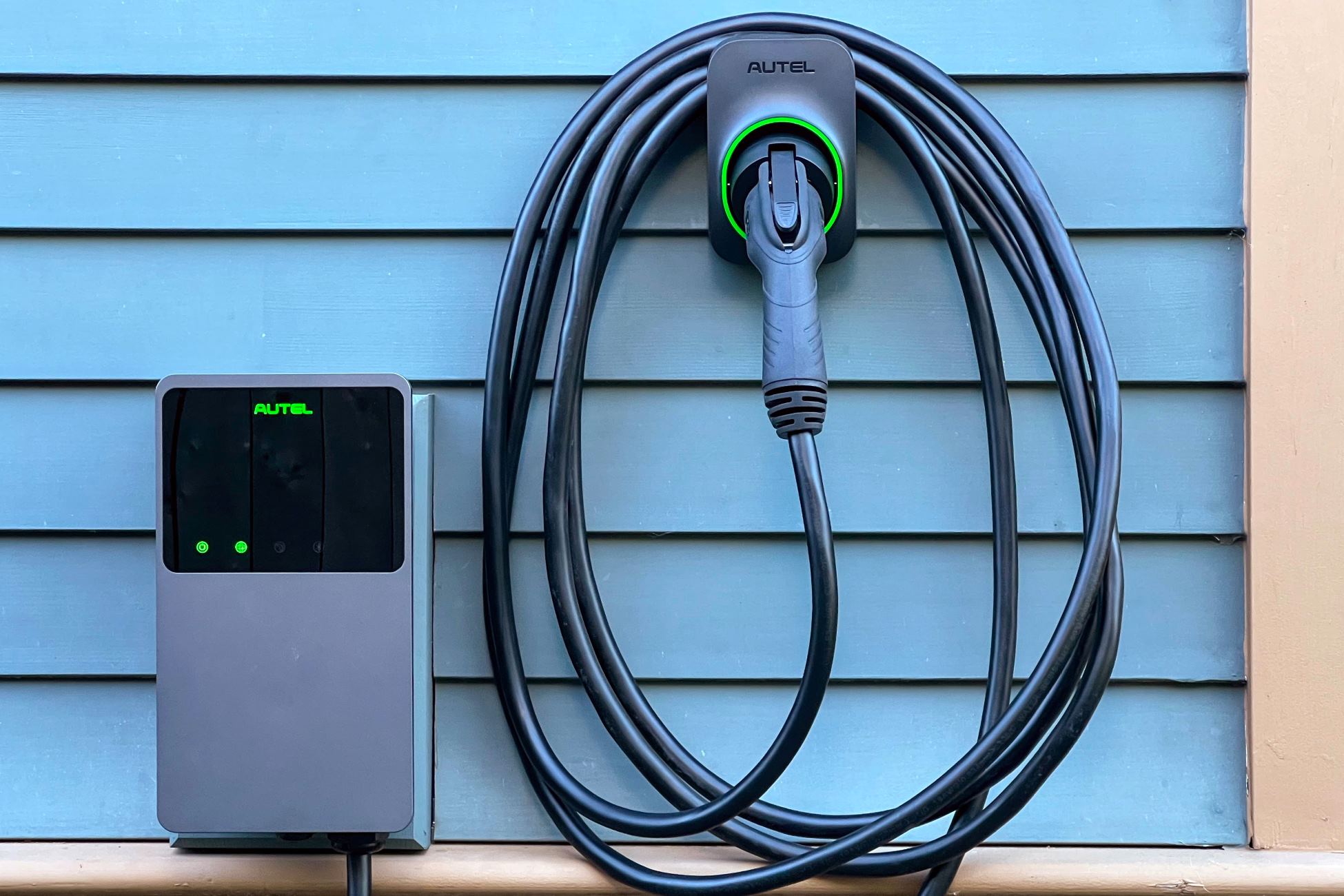
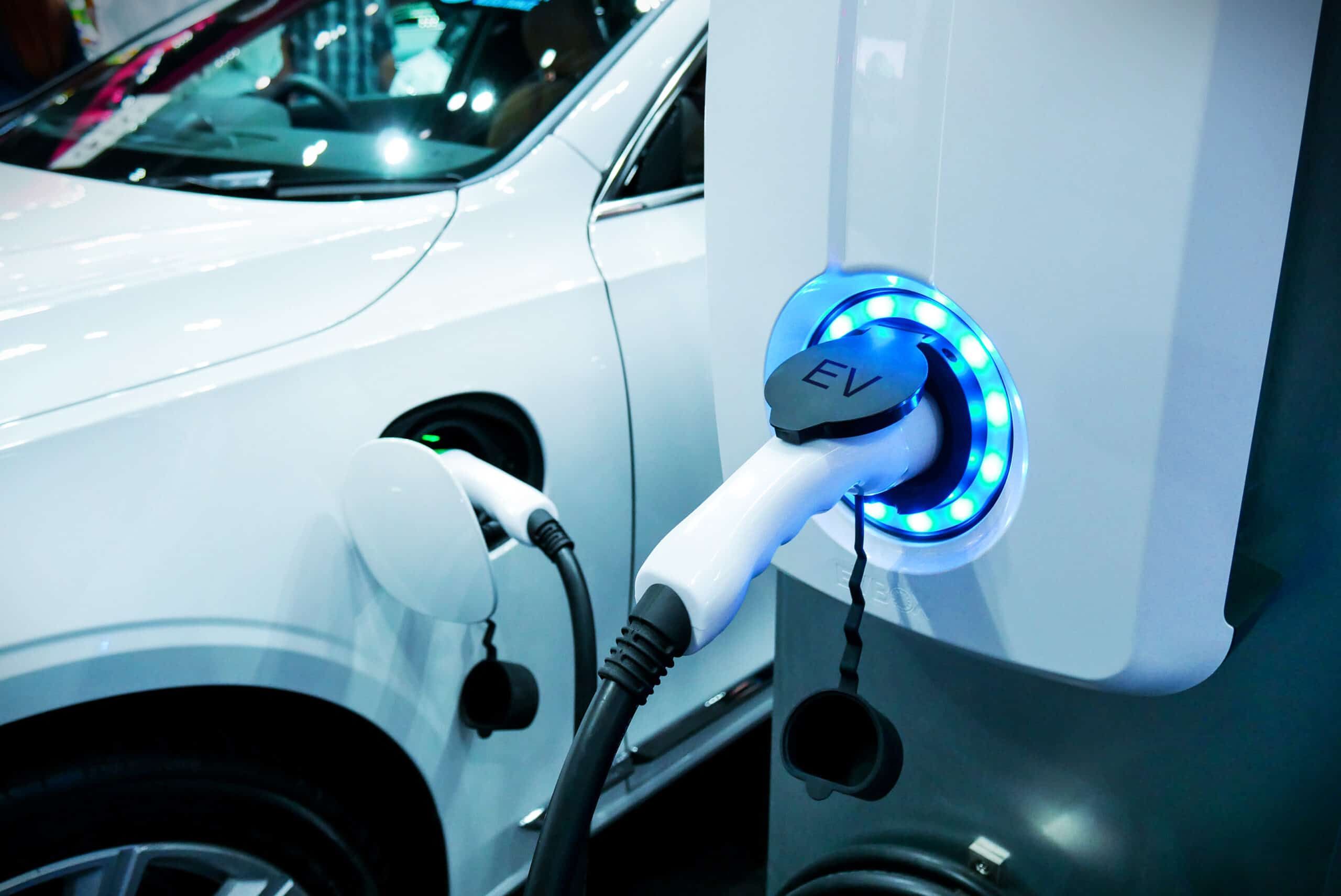

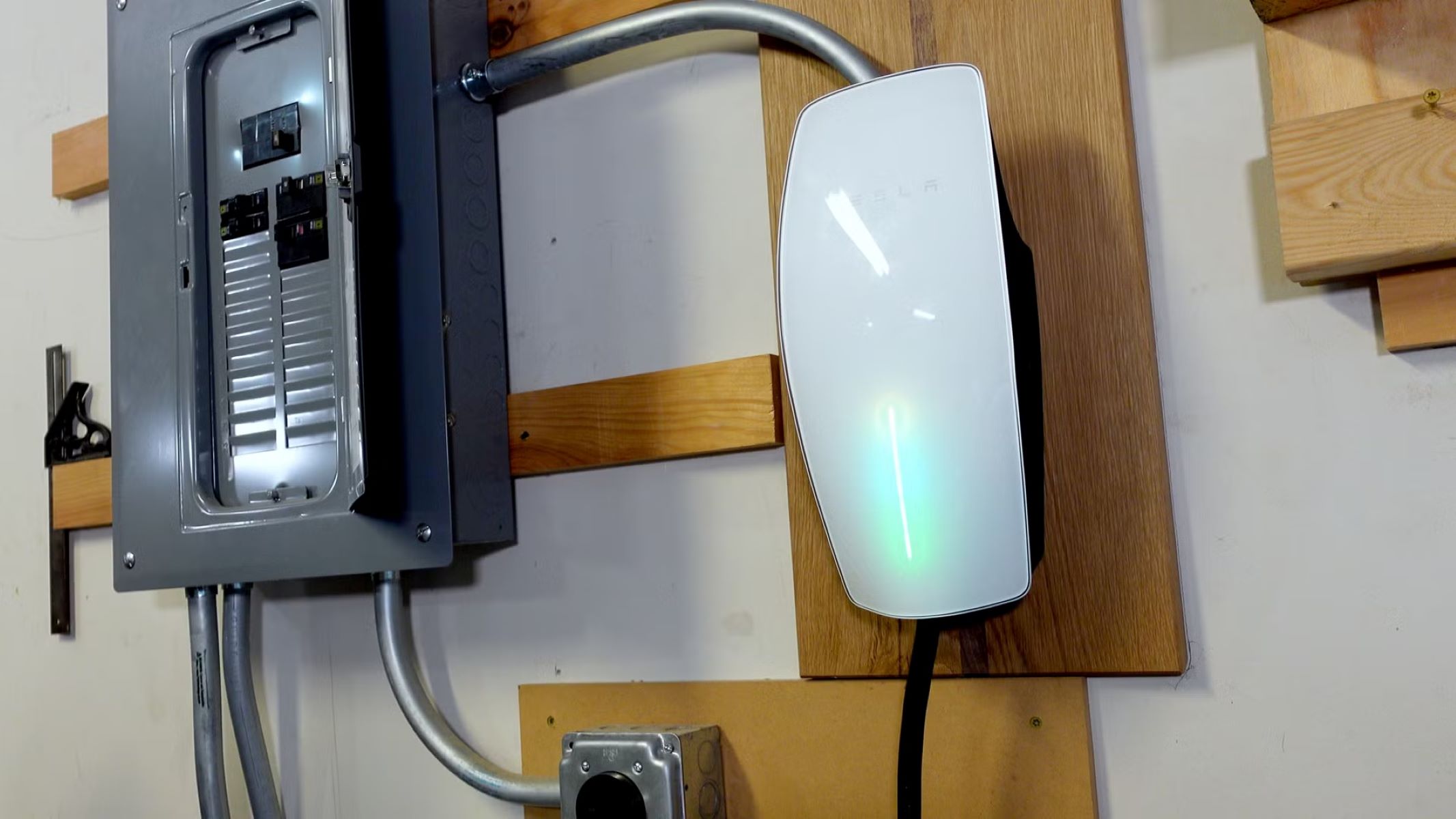
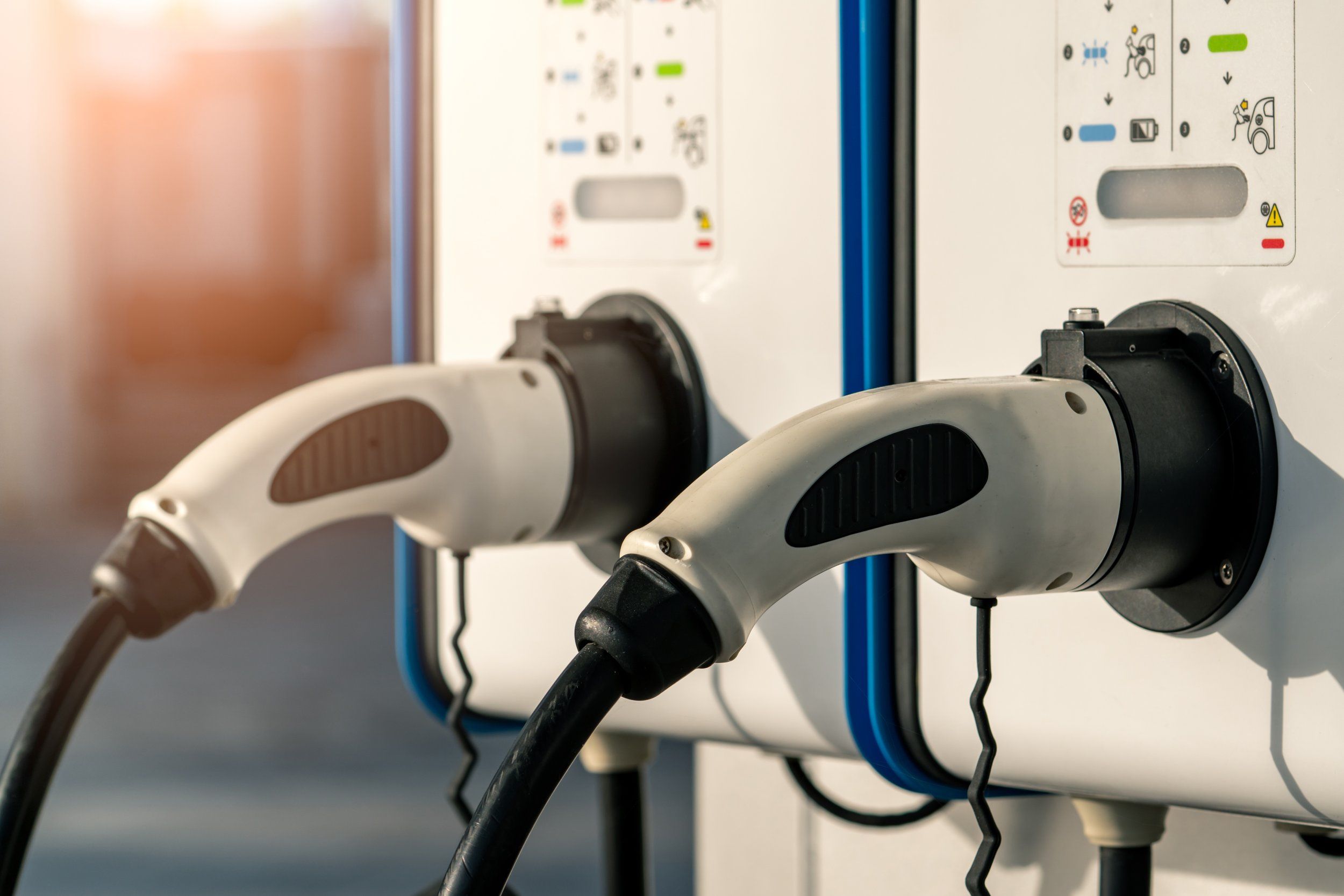
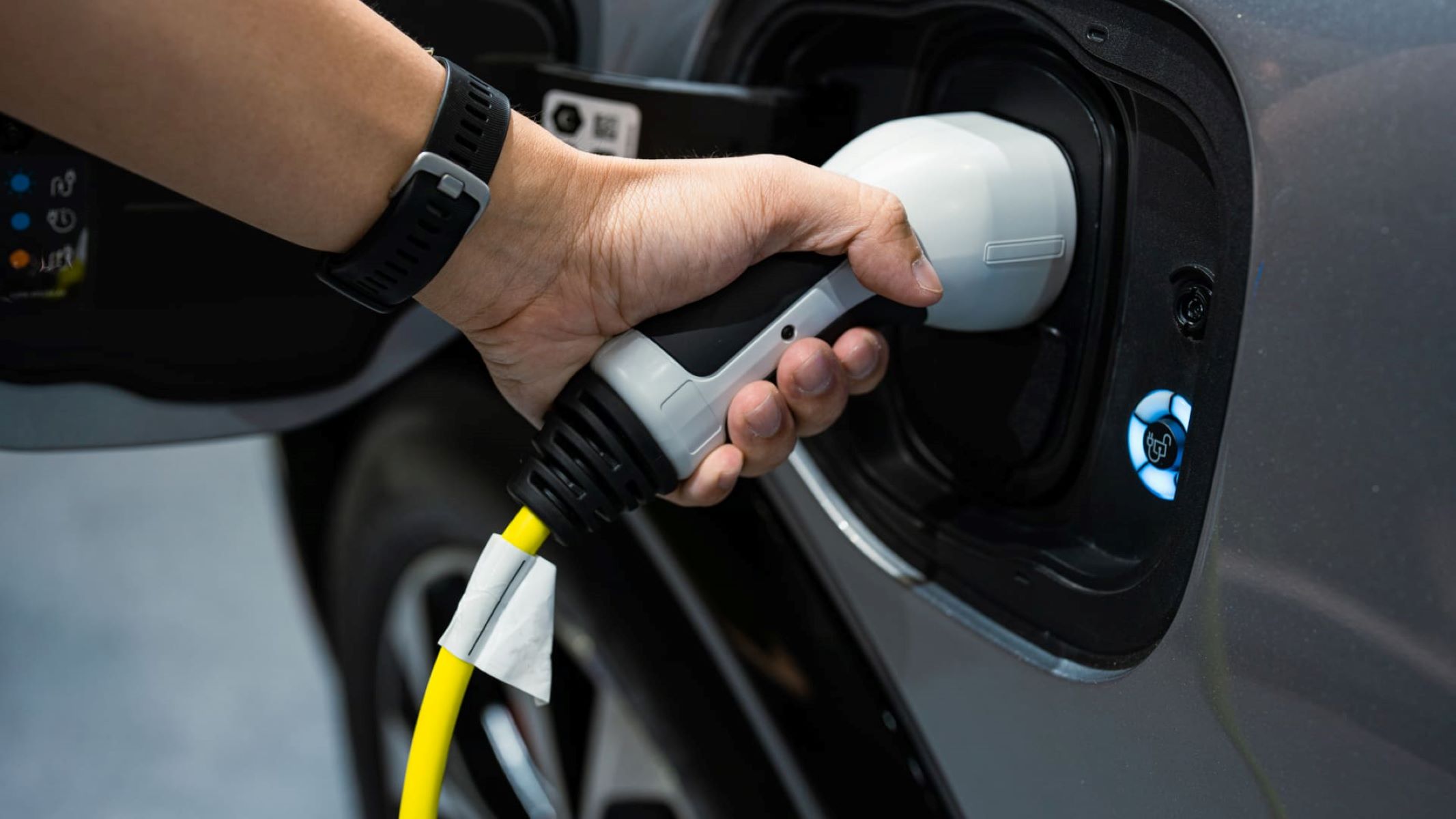
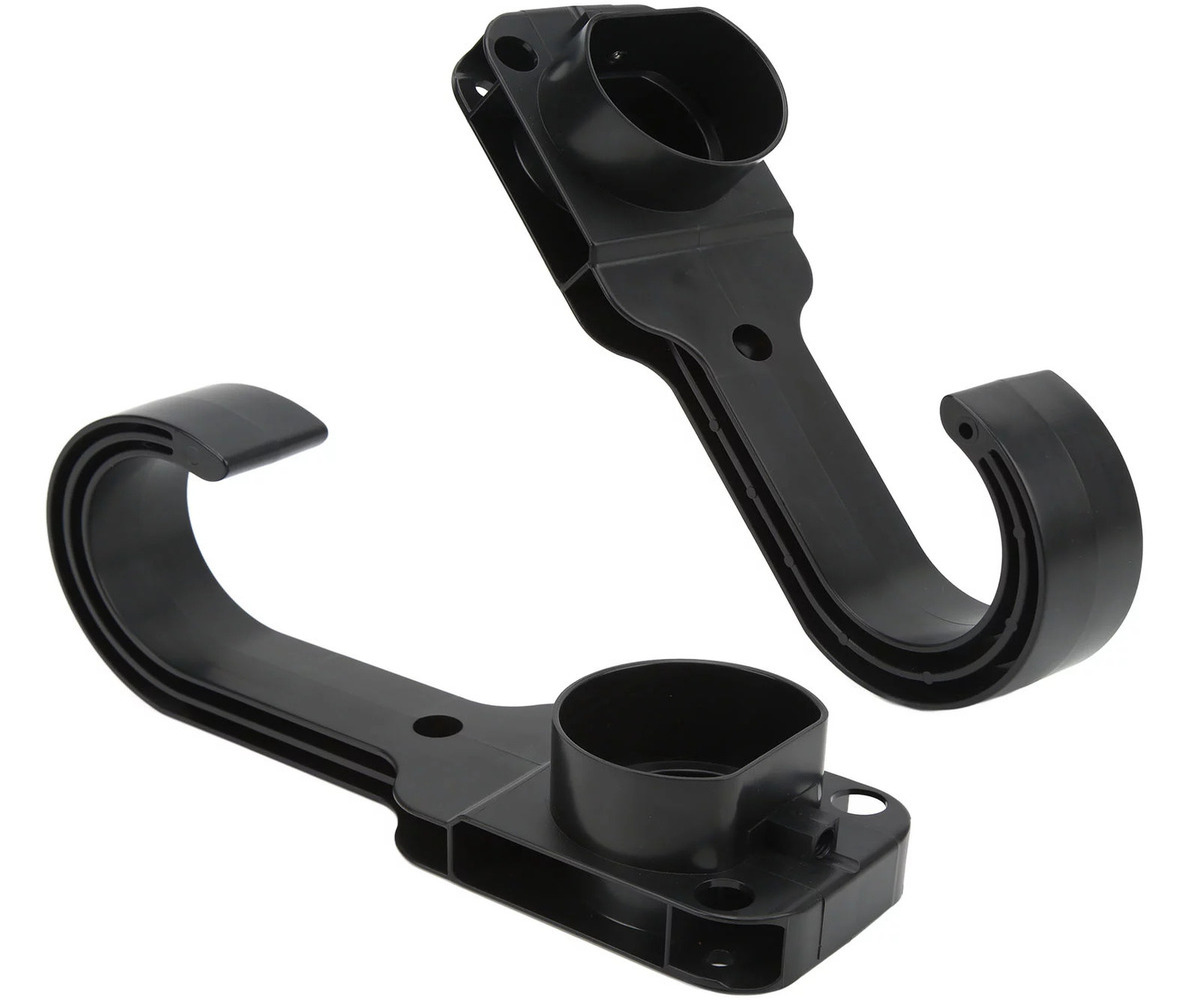

0 thoughts on “How To Become An EV Charger Installer”